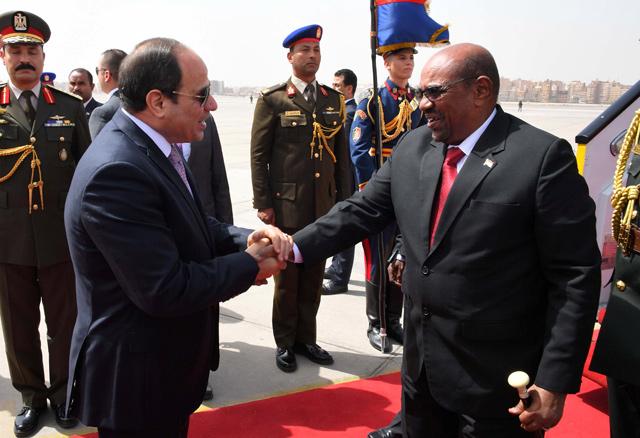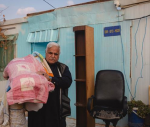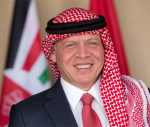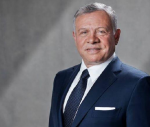You are here
Egypt, Sudan presidents agree to patch up differences
By AFP - Mar 19,2018 - Last updated at Mar 19,2018

Egyptian President Abdel Fattah Al Sisi shakes hands with Sudan’s President Omar Al Bashir at Cairo’s airport, Egypt, on Monday (Reuters photo)
CAIRO, Egypt — Egyptian President Abdel Fattah Al Sisi hosted his Sudanese counterpart Omar Al Bashir for talks in Cairo on Monday, with the pair pledging to boost cooperation after tensions between their neighbouring countries.
Bashir’s visit comes two weeks after the reinstatement of Sudan’s ambassador to Cairo following his recall to Khartoum in January.
Ties deteriorated between Egypt and Sudan last year when Bashir accused Egypt’s intelligence services of supporting opposition forces fighting his troops in the country’s conflict zones like Darfur.
One bone of contention is Egypt’s administration of the Halayeb triangle, in a mineral-rich border area near the Red Sea, which Sudan claims as its own.
“We reiterate the eternal brotherly relations and common links that unite the two peoples of the Nile Valley,” Sisi said in a televised news conference following a meeting with Bashir.
In turn, Bashir said as “Egypt is now going through an election period”, his delegation “timed our visit now to reiterate our support for Egypt’s stability and to support President Sisi”.
Sisi, who was elected in 2014, a year after leading the military ouster of former president Mohamed Morsi amid mass protests against him, is now seeking reelection.
Tensions also rose over a dam Ethiopia is building on the Blue Nile, which Egypt worries will be impact its share of the Nile, in which it relies almost totally on for irrigation and drinking water.
The two presidents mentioned future cooperative steps over Nile water discussions, without providing much detail.
“We agreed to start preparing to hold the joint committee [meeting], to be chaired by the two countries’ presidents, during this year in Khartoum,” Sisi said.
Bashir responded that the two countries “do not have any choice but to cooperate, because truthfully this is the interest and confirmed demand of our peoples”.
Cairo argues that the 1929 and 1959 treaties grant it 87 per cent of the Nile’s flow, as well as the power to veto upstream projects.
The Ethiopian dam, a project launched in 2012, is designed to feed a hydroelectric project to produce 6,000 megawatts of power, equal to six nuclear-powered plants.
Related Articles
KHARTOUM — Egyptian President Abdel Fattah Al Sisi warned Saturday against Ethiopia continuing to fill its Nile dam, on his first visit to S
KHARTOUM — Two French engineering companies were chosen Tuesday to carry out environmental impact studies on Ethiopia's planned Grand Renais
KHARTOUM — Egyptian Foreign Minister Sameh Shoukry said Monday that Cairo was supporting efforts to remove Sudan from Washington's blacklist















